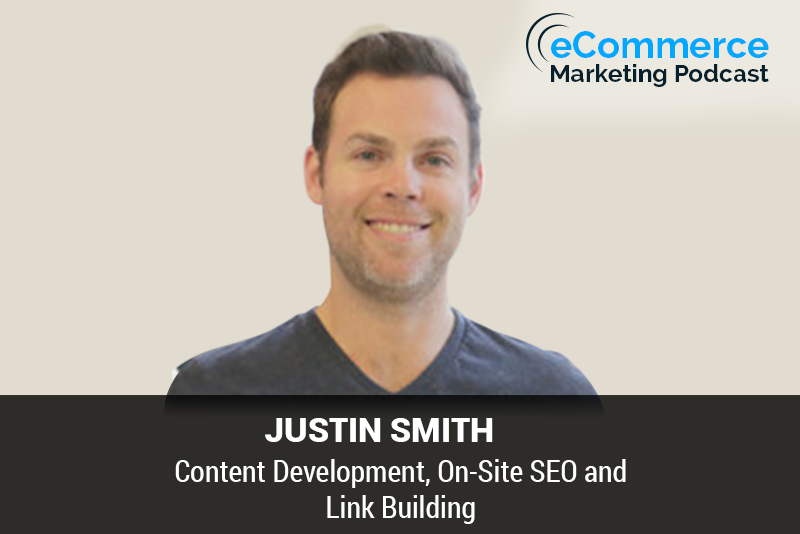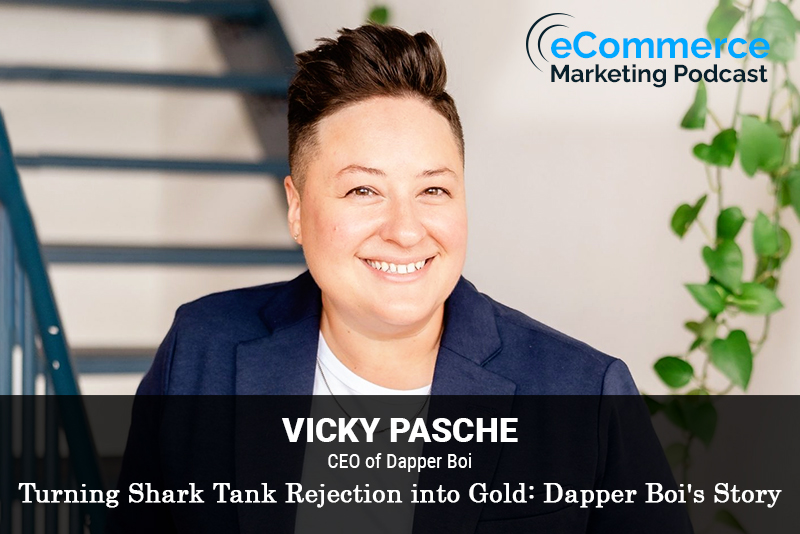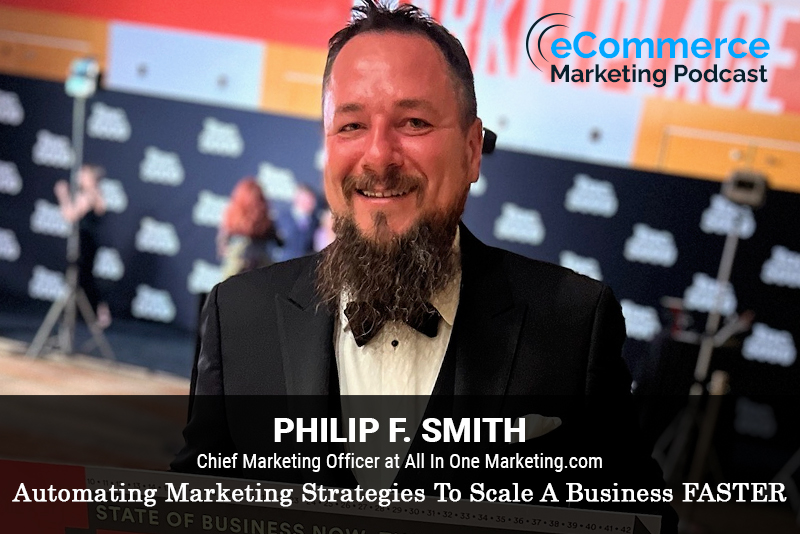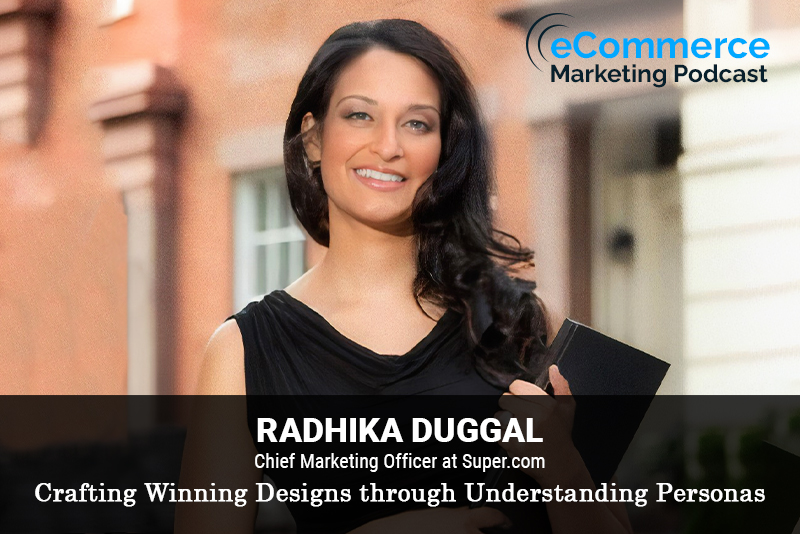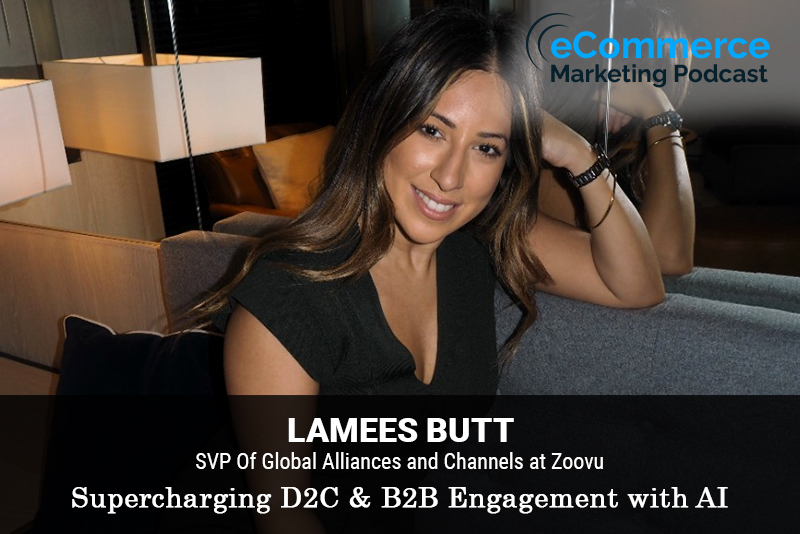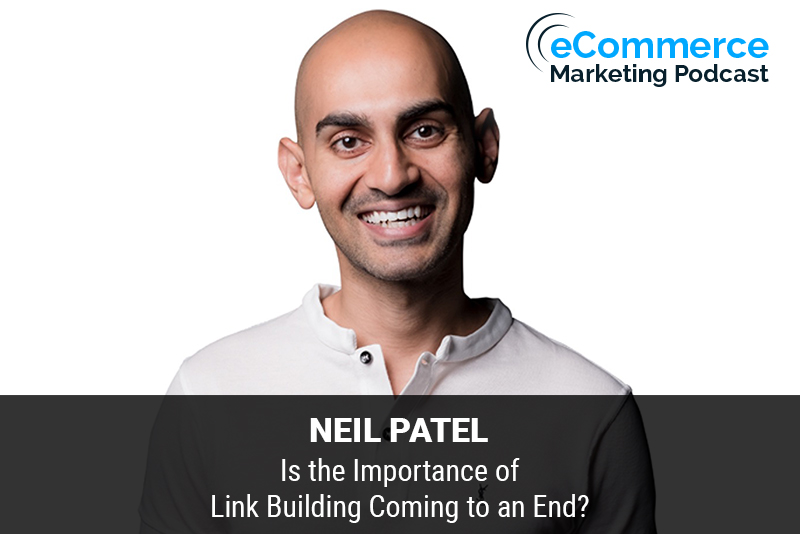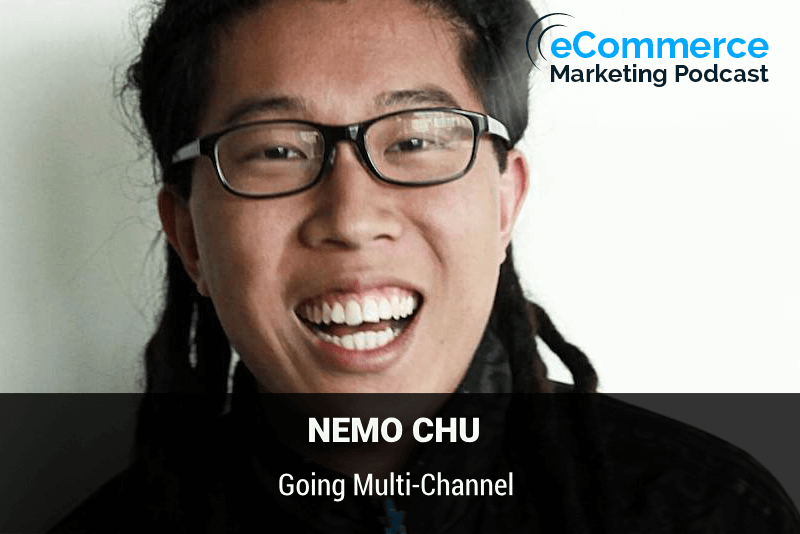
The eCommerce Marketing Podcast walks you through everything that goes into ecommerce marketing — from inbound marketing to paid advertising to conversions. Learn the strategies top marketing experts use to grow their businesses.
Marketing Strategies Revealed in this Episode:
- The importance of on page SEO
- Starting a link building campaign
- Creating the best content for maximum SEO return
- The Future of SEO
- Keeping up with the ever changing Google Algorithm

Episode Title: Mastering eCommerce SEO with Justin Smith
Guest: Justin Smith, Founder/CEO of OuterBox
In this episode of the eCommerce Marketing Podcast, host Arlen Robinson chats with Justin Smith, the CEO and founder of OuterBox, a leading digital marketing agency specializing in website design, web development, and search engine marketing. Justin shares his journey from starting OuterBox at the age of 19 to growing it into a nationally recognized agency. The conversation dives deep into the importance of onsite SEO, content creation, and link building for eCommerce businesses, providing actionable insights and strategies for success.
Key Takeaways:
- Justin’s Background and the Birth of OuterBox (00:01:00):
- Started OuterBox at 19 after leaving college.
- Initially focused on web design and development before diving into SEO to market his services.
- The Importance of Onsite SEO (00:05:00):
- Onsite SEO is crucial for eCommerce success.
- Google’s focus on search intent requires optimizing content to match user queries.
- Content Creation and Link Building (00:10:00):
- Good content naturally attracts links.
- Link building should start with creating high-quality, relevant content.
- Example of a successful content piece on e-commerce mobile stats that attracted thousands of links.
- Effective Content Strategies (00:16:00):
- Focus on creating actionable content that targets users in the buying funnel.
- Example: “Top Telescopes Under $1,000” drives both traffic and sales.
- Hiring for SEO Activities (00:22:00):
- Having a dedicated SEO professional or team is beneficial.
- Combining in-house talent with agency expertise can yield the best results.
- Future of SEO and Voice Search (00:28:00):
- Content will always be king.
- Anticipating changes in search behavior, such as increased voice search.
- Importance of adapting content to match changing search patterns.
- Fun Fact about Justin (00:35:00):
- Initially aimed to play professional baseball before pivoting to digital marketing due to an injury.
- Name: Justin Smith
- Position: Founder/CEO of OuterBox
- Website: OuterBox
- Email: [email protected]

